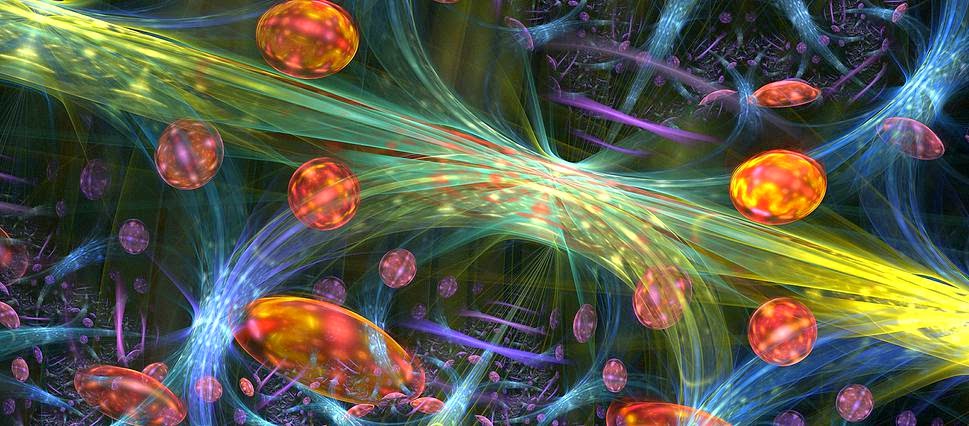Cosmology is the study of the universe as a whole: its structure, its origins and its fate. Fundamental physics is the study of reality's bedrock entities and their interactions. With these job descriptions it's no surprise that cosmology and fundamental physics share a lot of territory. You can't understand how the universe evolves after the Big Bang (a cosmology question) without understanding how matter, energy, space and time interact (a fundamental physics question). Recently, however, something remarkable has been happening in both these fields that's raising hackles with some scientists. As physicists George Ellis and Joseph Silk recently put it in Nature:
"This year, debates in physics circles took a worrying turn. Faced with difficulties in applying fundamental theories to the observed Universe, some researchers called for a change in how theoretical physics is done. They began to argue — explicitly — that if a theory is sufficiently elegant and explanatory, it need not be tested experimentally, breaking with centuries of philosophical tradition of defining scientific knowledge as empirical."
The root of the problem rests with two ideas/theories now central for some workers in cosmology (even if they remain problematic for physicists as a whole). The first is string theory, which posits that the world is made up not of point particles but of tiny vibrating strings. String theory only works if the universe has many "extra" dimensions of space other than the three we experience. The second idea is the so-called multiverse which, in its most popular form, claims more than one distinct universe emerged from the Big Bang. Instead, adherents claim, there may be an almost infinite (if not truly infinite) number of parallel "pocket universes," each with their own version of physics.
Both string theory and the multiverse are big, bold reformulations of what we mean when we say the words "physical reality." That is reason enough for them to be contentious topics in scientific circles. But in the pursuit of these ideas, something else — something new — has emerged. Rather than focusing just on questions about the nature of the cosmos, the new developments raise critical questions about the basic rules of science when applied to something like the universe as a whole.
Here is the problem: Both string theory and the multiverse posit entities that may, in principle or in practice, be unobservable. Evidence for the extra dimensions needed to make string theory work is likely to require a particle accelerator of astronomical proportions. And the other pocket universes making up the multiverse may lie permanently over our "horizon," such that we will never get direct observations of their existence. It's this specific aspect of the theories that has scientists like Ellis and Silk so concerned. As they put it:
"These unprovable hypotheses are quite different from those that relate directly to the real world and that are testable through observations — such as the standard model of particle physics and the existence of dark matter and dark energy. As we see it, theoretical physics risks becoming a no-man's-land between mathematics, physics and philosophy that does not truly meet the requirements of any."
Finish Reading Article:









No comments:
Post a Comment